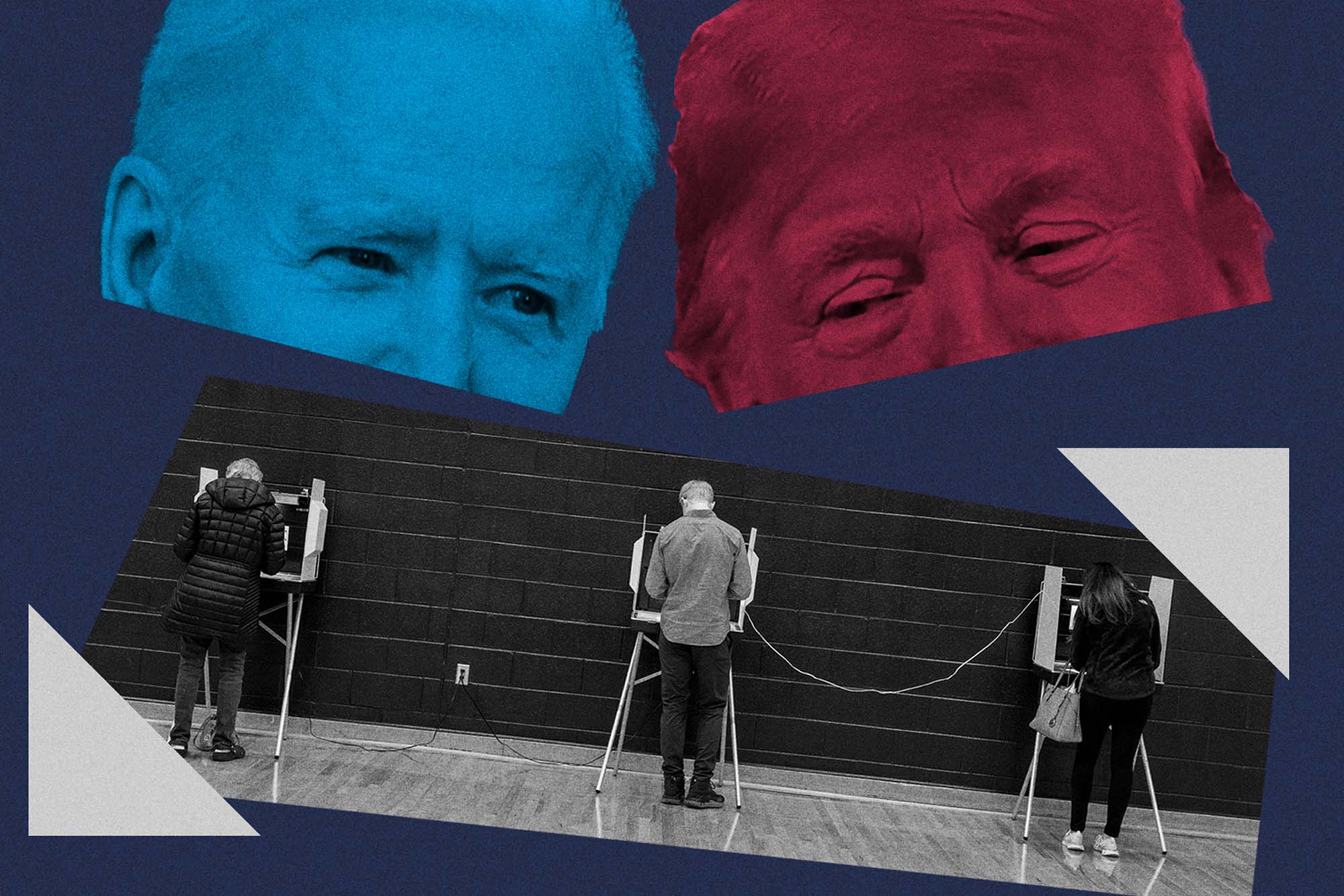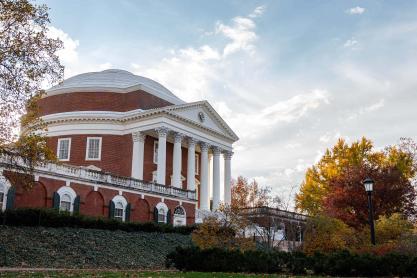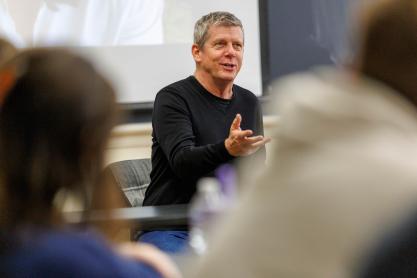Kyle Kondik, managing editor of Sabato’s Crystal Ball, noted that while the polling confirmed some of the researchers’ predictions, there were also some surprising findings. “We knew that there would be deep divisions between Biden and Trump voters, but the level of rancor was perhaps even deeper than we anticipated,” he said.
Initial results released Thursday provide a striking view into the deep polarization in modern American politics.
Polling found that 56% of Biden voters agreed with the statement “There’s no real difference between Republicans and Fascists,” while 76% of Trump voters agreed with the same statement ending in “… Democrats and Socialists.”
Similarly, 80% of Biden voters and 84% of Trump voters agreed with the statement that elected officials in the opposing party present “a clear and present danger to American democracy.”
According to Kondik, “There … was alarmingly high support for what otherwise would seem to be fringe positions. Roughly two in 10 Trump and Biden voters – or more than 31 million Americans – strongly agree it would be better if a ‘president could take needed actions without being constrained by Congress or courts’ (as extrapolated from the results of this survey).”
Both groups, however, appeared committed to the American system, as roughly 80% of Biden and Trump voters viewed democracy as favorable to other, non-democratic forms of government.
Project Home Fire also identified a range of issues that Biden and Trump voters agree upon, including many items that appear in the current infrastructure and reconciliation bills being considered by Congress.
Ninety-four percent and 85% of Biden and Trump voters, respectively, agreed with “modernizing drinking water, wastewater, and storm water systems,” while 92% and 86% agreed with “investing in construction of roads, bridges … and other types of ‘hard infrastructure.’”
While bridging partisan divides will likely prove difficult, the staff of the Center for Politics and Project Home Fire remain hopeful.
In the press release, Robert “Mick” McWilliams of Project Home Fire explained the overarching goal of the project.
“Our hope is that, by employing the tools of modern behavioral science, Project Home Fire can develop a deep, data-driven understanding of the fears and concerns animating the increasingly dangerous political and cultural divide in America. The first step toward effectively solving a problem is to accurately understand its causes, and we believe Project Home Fire can provide such understanding.”
Kondik echoed these sentiments, and also noted the Center for Politics’ ongoing work to address the social, political and psychological divides among Americans.
“We … hope to partner with other people and organizations who share our compromise-over-conflict objectives to empower their efforts with the information and knowledge that our analysis will produce,” he said.










